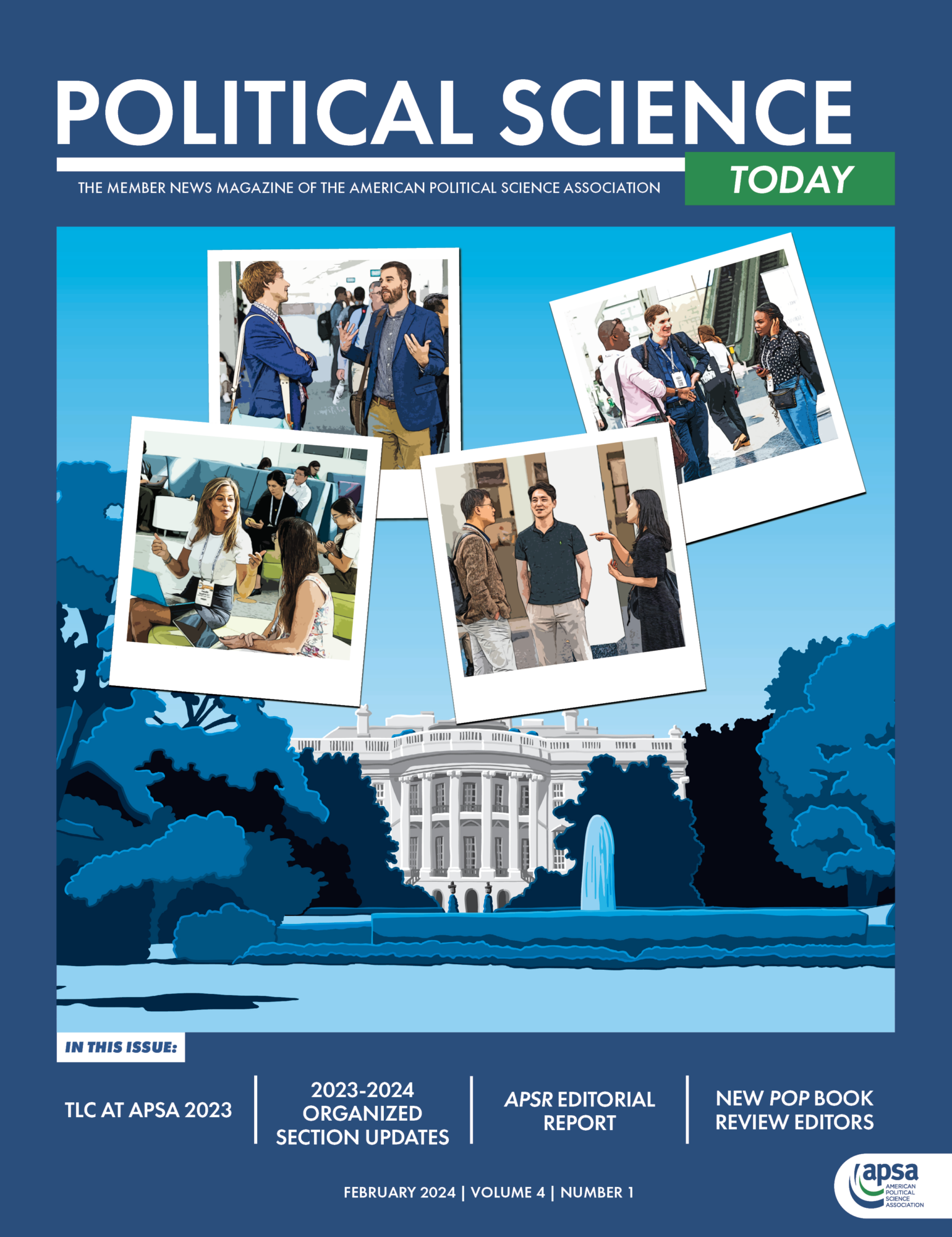Teaching Political Science at a Community College: Resource Set One
Christina Sciabarra, Bellevue College
I teach at a large community college on the east side of Seattle (lands of the Duwamish, Muckleshoot, Snoqualmie tribes and other Coast Salish Peoples) which serves a diverse population but is also in an affluent area (we are less than 10 miles from Microsoft). Over the last few years, our faculty professional development center, the Faculty Commons has focused on Culturally Responsive Pedagogy (CRP)and creating space for more of us to learn about it. I participated in a year long faculty learning community in which we read Culturally Sustaining Pedagogies: Teaching and Learning for Justice in a Changing World (Paris and Alim, eds., 2017) which introduced the concepts and provided examples of methods for adjusting class curriculum and interactions to create a more equitable learning environment. As we shared different ideas and learned about the ways in which to make our classes more inviting and relatable, I reflected on the fact that standard political science courses are in no way focused on being culturally responsive. The theories presented, the experts often relied upon, and the events placed at the center of our analysis come from a perspective that is focused on the dominant culture and its actions and experiences. The learning community provided an opportunity for me to start thinking about activities and interactions that would make my classes more inviting and welcoming while challenging the dominant narratives that underlie our discipline. I added music introductions to each module, included political art and the opportunity for students to reflect on it and provide their own examples, and created spaces for students to share their experiences which are standard activities in a culturally responsive classroom. This was a good start, but I had not actually implemented a culturally responsive pedagogy because I had not actually addressed the curriculum – textbooks, readings, assignments, etc. I would like to note that this took place during the pandemic and was therefore colored by that experience and the challenges of working from home with a small child in the house. This is not an excuse, but the interaction between the pandemic’s limitations on faculty time and student attention created additional challenges in what is already a time-consuming revision process.
The Faculty Commons created a position for a faculty lead in culturally responsive pedagogy who provides workshops, resources, and support for faculty working to adjust their classes to become culturally responsive. I participated in all of the workshops alongside book groups which focused on works that provided insights into important topics related to addressing white supremacy. Two such works included Clint Smith’s How the Word is Passed: A Reckoning with the History of Slavery Across America (2021) and Roxanne Dunbar-Ortiz’s Not “A Nation of Immigrants”: Settler Colonialism, White Supremacy, and a History of Erasure and Exclusion (2021) which provided deep and accessible insights into settler colonialism and the legacy of slavery on our political system. Reading these books and discussing them with other faculty helped me see how little these foundations are discussed and referenced in the majority of our textbooks and introductory American Politics courses. I have referenced American Government in Black and White (McClain and Tauber, 2021) which provides a racial lens to understanding American politics but appears to be the only textbook of its kind. It became clear that I needed to think much more deeply about how to set the stage at the start of my courses with particular focus on my American Politics classes. While I have been teaching at the college level for over 10 years, I have just started a tenure track position at the Bellevue College where I have worked as an adjunct for the last seven years. I focus on international relations, post-civil war peacebuilding, and the Middle East and yet the majority of the sections we offer are the introductory American Politics course, so I find myself having to take on a topic that is not my strength but is so important for students. I am not a specialist in this subfield, and I am new to teaching the topic and have relied on other syllabi and existing textbooks to support my class development. As I work to learn more about the subfield to provide students with an empowering and engaging look at American Politics, I am also working to build the course using culturally sustaining pedagogies, which means I am both working from standard materials and trying to update and edit them at the same time – not an easy task. I want to acknowledge that there are other faculty who are further along in this process and I am working to engage with their scholarship and syllabi, but again this is a process because this is not my specialty.
Last year I participated in a workshop created by the faculty leads at Faculty Commons called “Cultural Responsiveness: A Reflective Process of Assessing Your Course, Part I” which focused on using an assessment tool adapted from Achieving the Dream (BC is an Achieving the Dream school and currently going through the process of implementing a guided pathways model). In this workshop we utilized the revised assessment to review our course materials and first class meetings with students to identify how we can improve the cultural responsiveness of our courses and create an action plan for making those changes. I am currently participating in the second part of this workshop which focuses on teaching and interaction methods, but the first step was reviewing and revising the course materials. Please follow this space as I share more resources.





